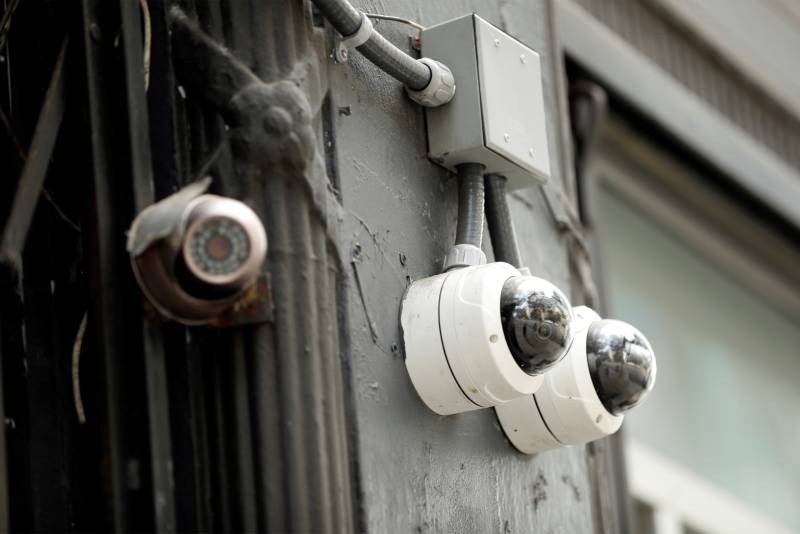The trial period will last 15 months, giving supervisors about a year’s worth of data to review before they decide whether to extend the pilot program, tweak it or end it, Peskin said.
The ACLU of Northern California was among more than two dozen groups that called on supervisors to prohibit live surveillance except in emergencies, saying it would disproportionately affect African Americans and other vulnerable communities.
The ACLU and the Electronic Frontier Foundation sued San Francisco on behalf of protestors in 2020, claiming San Francisco police illegally monitored live feeds of protestors who were marching in the wake of George Floyd’s death.
Privacy advocates argued that police violated a local ordinance requiring the department to gain permission from the Board of Supervisors to monitor live feeds when they accessed a camera network operated by the Union Square Business Improvement District.
They also said police surveillance of public demonstrations can discourage people from exercising their rights to free speech and assembly.
In February, a judge decided in favor of San Francisco. In his ruling, San Francisco Superior Court Judge Richard Ulmer said the Union Square group gave police access to the cameras for the 2019 Pride Parade, before the ordinance was implemented, and therefore the police were allowed to continue accessing the network.
The two advocacy groups announced last month that they will appeal the decision.
Board President Shamann Walton, who is Black and voted against the legislation, said police already have the tools to request video footage from private citizens and make arrests.
“I know the thought process is, ‘Just trust us, just trust the police department.’ But the reality is people have been violating civil liberties since my ancestors were brought here from an entirely, completely different continent,” he said.
Mayor Breed thanked the board, saying live surveillance would allow the police “to respond to the challenges presented by organized criminal activity, homicides, gun violence,” and even officer misconduct.
In December, the mayor called for a crackdown on illegal vending and drug dealing in the Tenderloin, one of the most economically disadvantaged neighborhoods in the city with among the highest overdose rates. At the time, she announced she would seek legislation allowing law enforcement real-time access to surveillance video.
Despite her harsh words — Breed said it was time to be “less tolerant of all the bull— that has destroyed our city” — the neighborhood remains troubled.
In June, San Francisco’s progressive prosecutor Chesa Boudin was ousted from the district attorney’s office in a rare recall and replaced by Brooke Jenkins, who supports the trial program.
To become law, the proposal needs a second vote, which is usually perfunctory and given the following week. Two members of the city’s five-member police commission, a citizen-led oversight body, have requested that the board hold off on the final vote until they have an opportunity to review the legislation.

